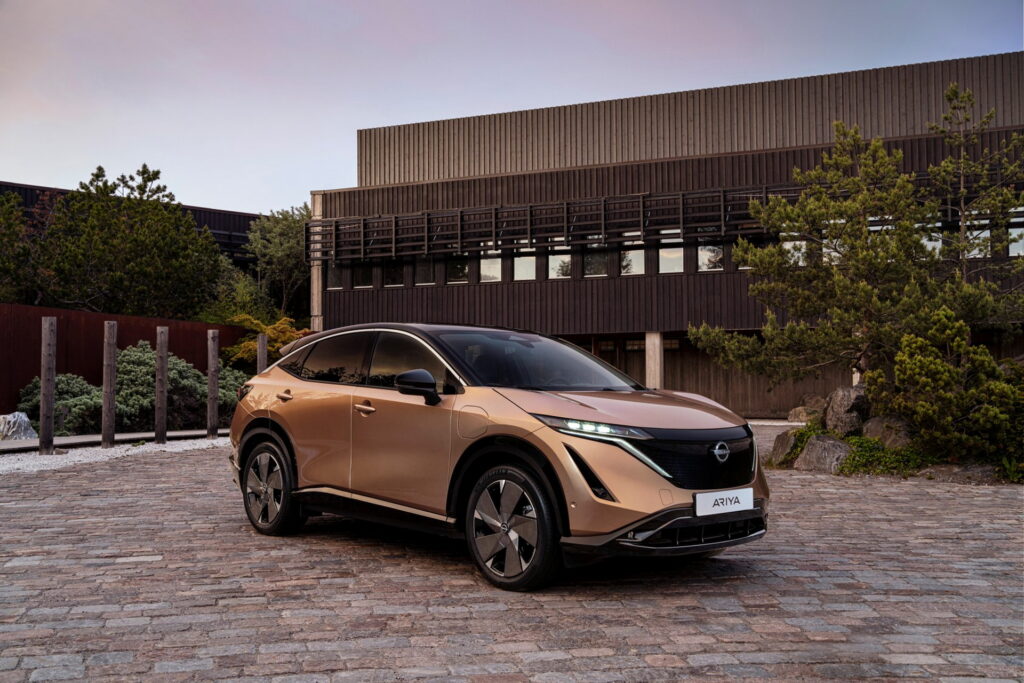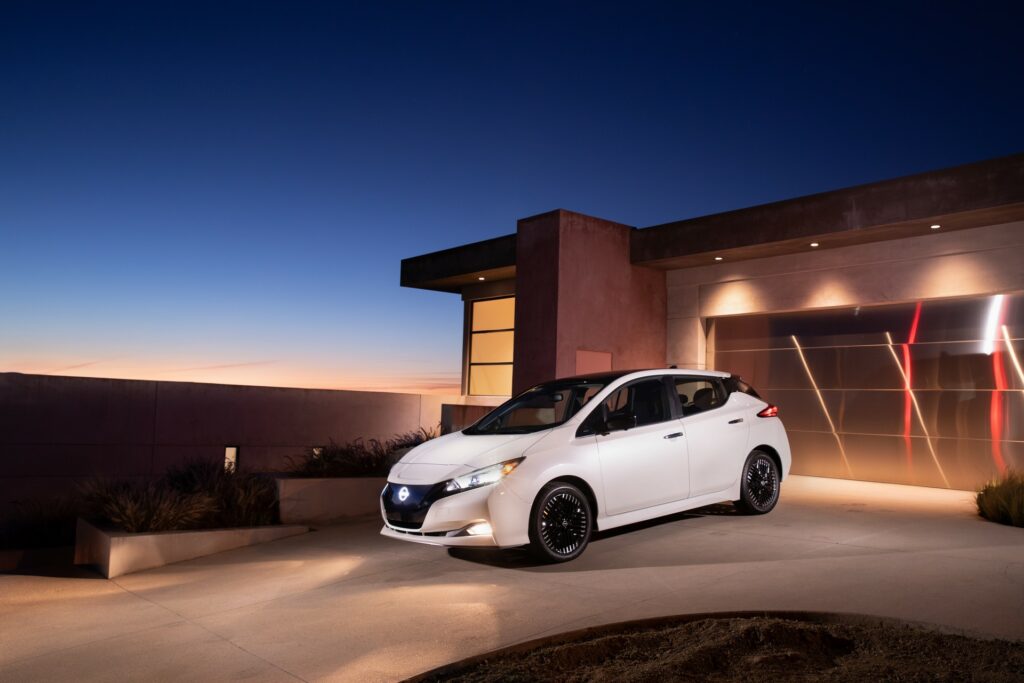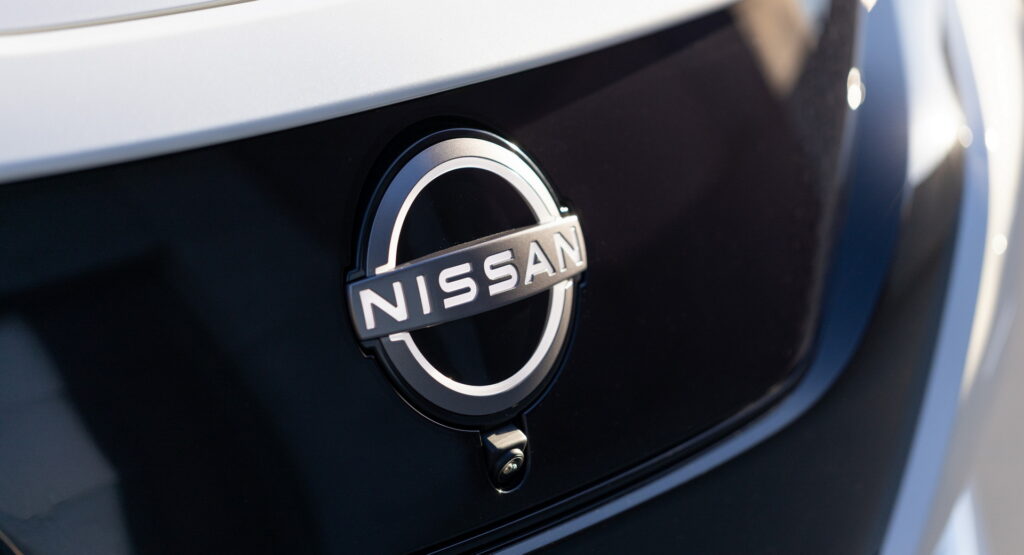Nissan is aiming to commence mass production of an EV powered by advanced solid-state batteries in 2028.
Solid-state batteries are considered by many as the next frontier in the electric vehicle space and Nissan believes that it is a leader. Currently, it is developing the next-generation batteries in Japan and has already progressed from small button cells to larger 10 cm square cells. Its final solid-state batteries will have cells the size of a laptop.
The car manufacturer’s new battery also removes all liquid elements, something which not all solid-state cells do. Speaking with Autocar, Nissan’s senior vice-president of research and development in Europe, David Moss, said the company wants to reduce costs by 50 per cent compared to lithium-ion batteries, to double the energy density, and to offer three times the charging speeds.
Read: Nissan Max-Out Electric Roadster Goes from Virtual To Reality, See The Photos

“Can you delete the liquid electrolyte out of the battery? This is where we think we’re leading,” Moss noted. “Some solid-state batteries still have the liquid electrolytes, and this is an issue, as that liquid boils. The efficiency of that energy in storage and transfer and the power you put into it will be impacted.”
It is unclear what vehicle Nissan will install its first solid-state battery into but Moss suggested the company may introduce two different size battery packs, including “one for really heavy users who need massive range.” As for charging speeds, they could reach as high as 400 kW.
Autocar suggests that Nissan’s first solid-state battery-powered model will likely be based on an all-new architecture and constructed at a new factory.
“When you commit to something like solid-state, you have to change the whole mechanism and architecture of the vehicle,” Moss said.
Interestingly, Nissan’s development of solid-state batteries doesn’t mean it isn’t thinking about improvements that can be made to existing lithium-ion technology. In fact, it will introduce a new generation of lithium battery in the next couple of years and in 2028, will follow it up with a lithium-ion battery that doesn’t use cobalt.




